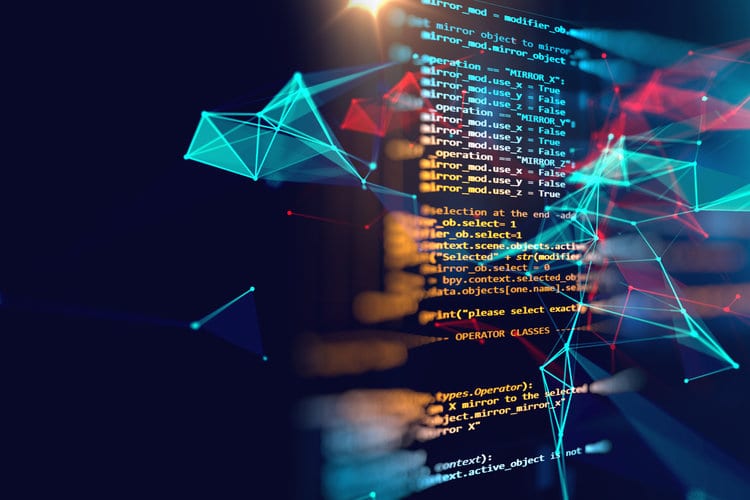We’ve discussed the endless possibilities that arise from learning to code, and how fun it is to learn. You’ve probably seen the power of coding every day on the internet, in the video games you play, and in the technology segments that play during the news, but maybe you’re still not quite clear of one thing.
What is coding, exactly?
To understand coding, you must first understand that computers don’t speak English, at least they haven’t always been able to. There was a time before Alexa and NPCs in a video game spoke directly to you, and it was a dark time.
Literally, electricity hadn’t even been invented yet.
It was 1843 when Ada Lovelace wrote the first official computer program for a machine invented by Charles Babbage called the “Analytical Engine.” That’s right, over 150 years ago coding was introduced into our world. The first official coding meant to give instructions to computers were wrote during the 1950s, mostly used for application in weapons and space technology. The onset of many of the languages we use today were developed in the 1960s and 70s, coinciding with the explosion of computational language efforts in universities and companies with government contracts.
Coding began to take form into what we recognize today as popular programming languages in the 1980s, and this led to companies like Microsoft and Apple introducing the power of the computer into homes around the world. Since then, programmers and computer enthusiasts have fully utilized the power of source code.
This is an example of source code:
<li>Chrome – CTRL + U. Or you can click on the weird-looking key with three horizontal lines in the upper right hand corner. Then click on "Tools" and select "View Source."</li>
In its purest form, coding is a set of commands and processes that perform an overall task, what that task is purely depends on the will of the programmer. In the process of writing code for a program, device, or website, a coder will act as “King” of the code, telling it where to go, how to stand, and when to speak. While attempting to get the desired result, a programmer will need to manipulate, analyze, and pinpoint errors in the source code
Don’t let the “King” title go to your head, because being a coder also makes you the guy whose job it is to clean up the kingdom. If something doesn’t look right on a website, or a robot doesn’t react the way it should to a command, you, the coding custodian, must get into the source code and clean up the mess.
But, the magic of coding lies in “the mess,” because it’s there where there is the potential for basically anything your mind can imagine. Lines of source code are meticulously assembled for a reason, and when there’s a break in the chain, it shows. This means that any problem which can arise in coding, can also be fixed.
So what is coding? Coding is the problem, and the answer. It’s the language of a world that really has no boundaries, and once you learn it, the same will be true of you.

